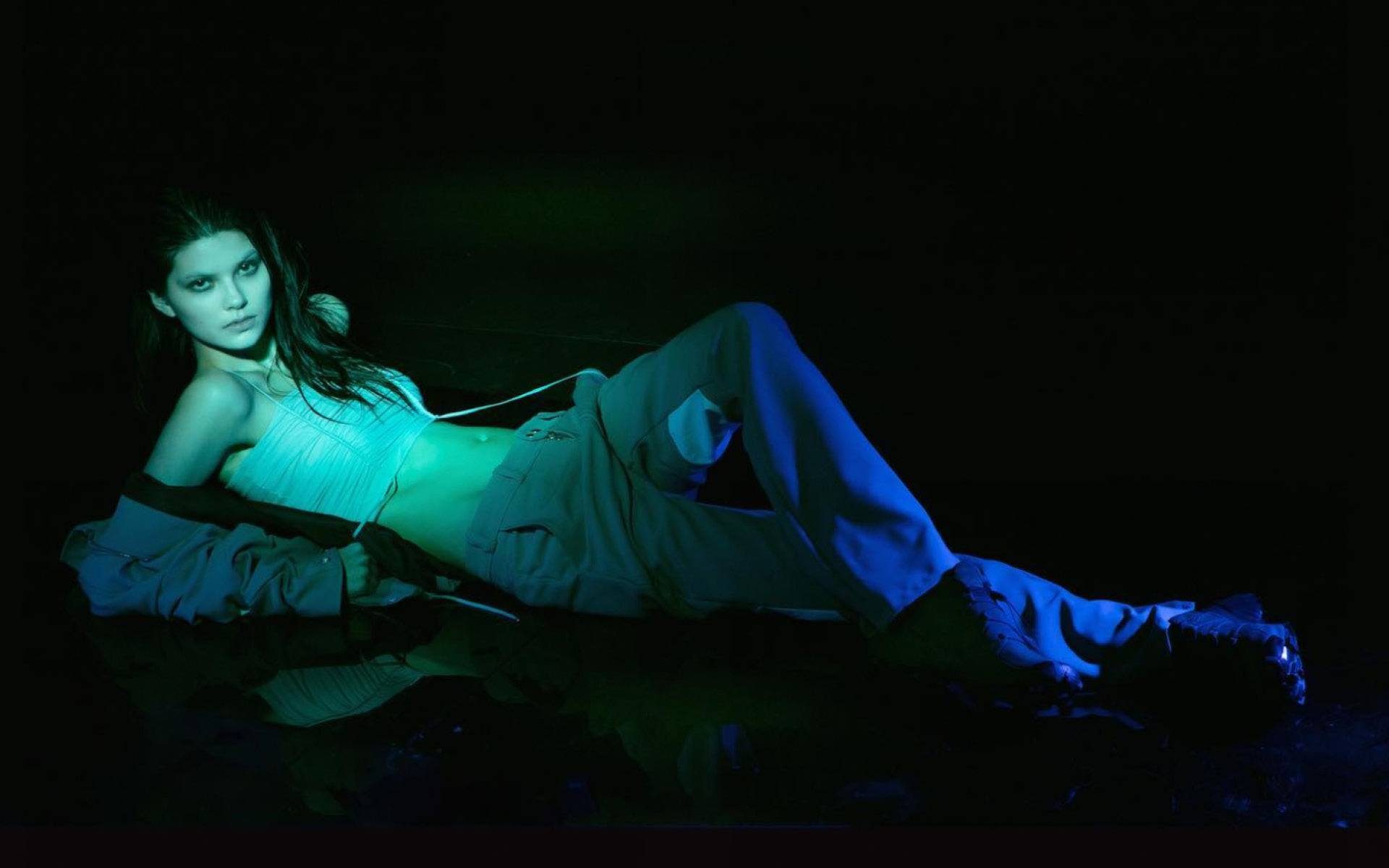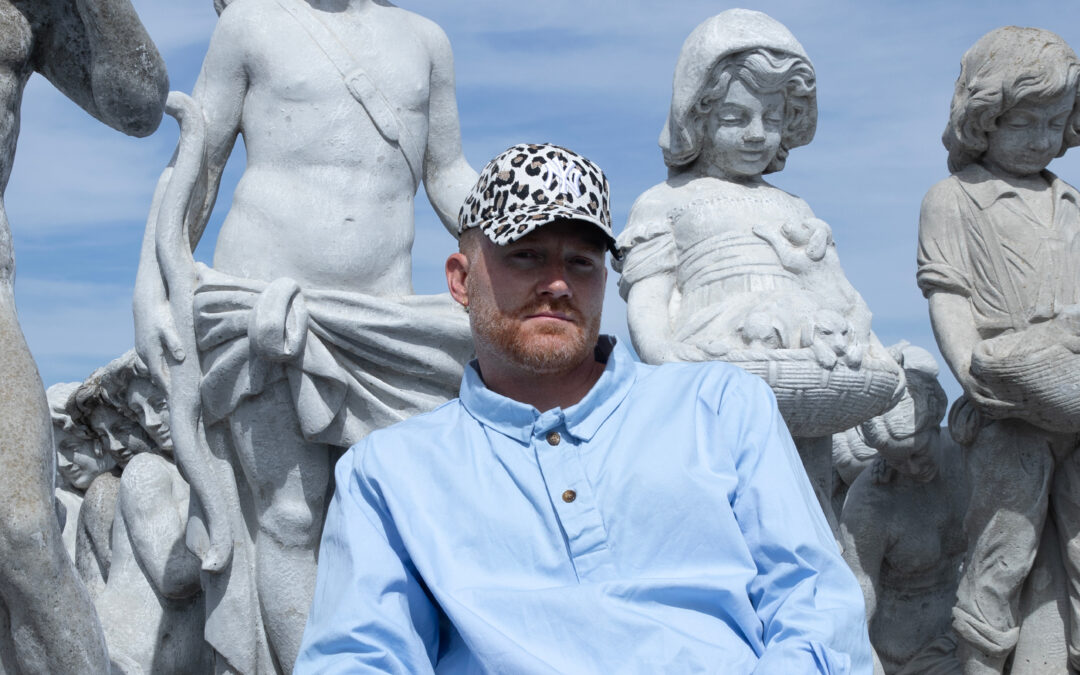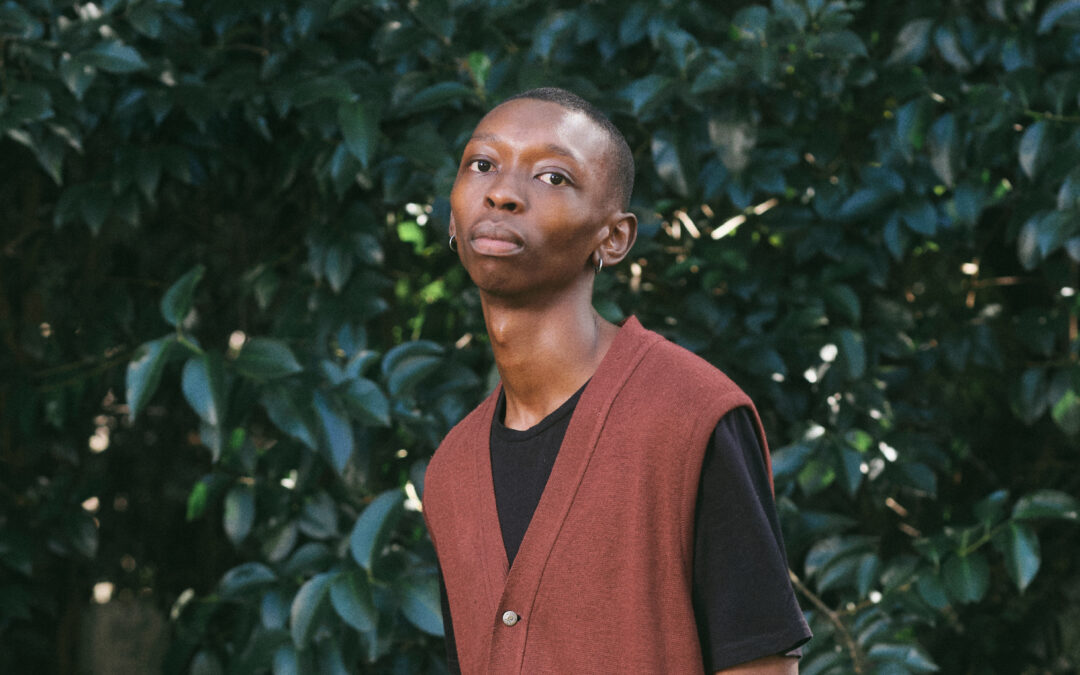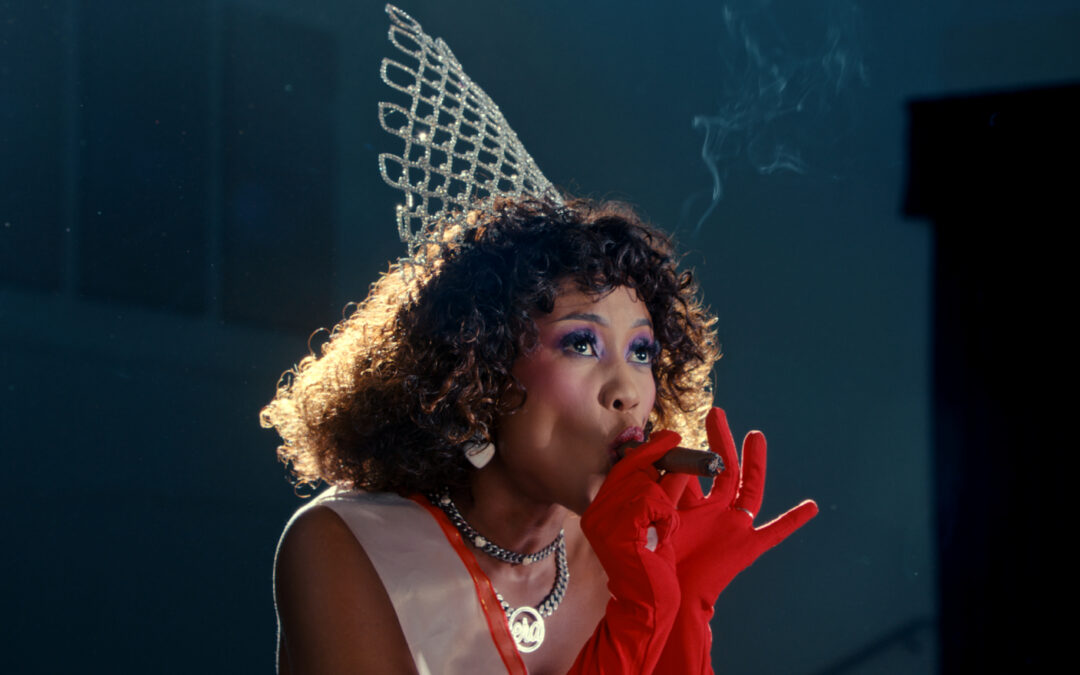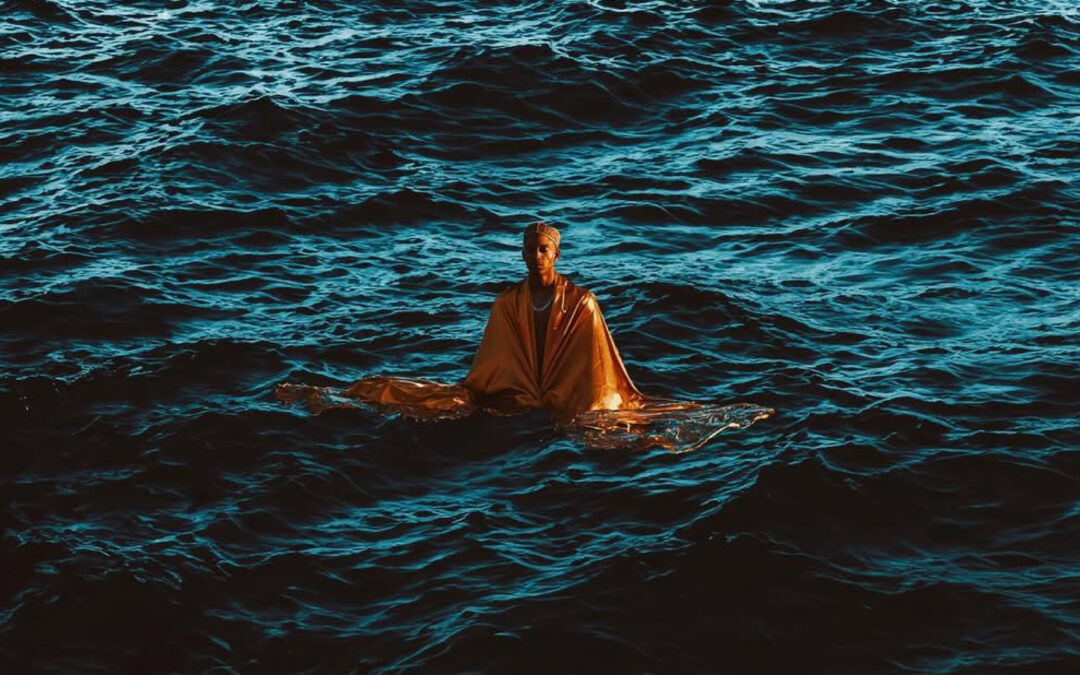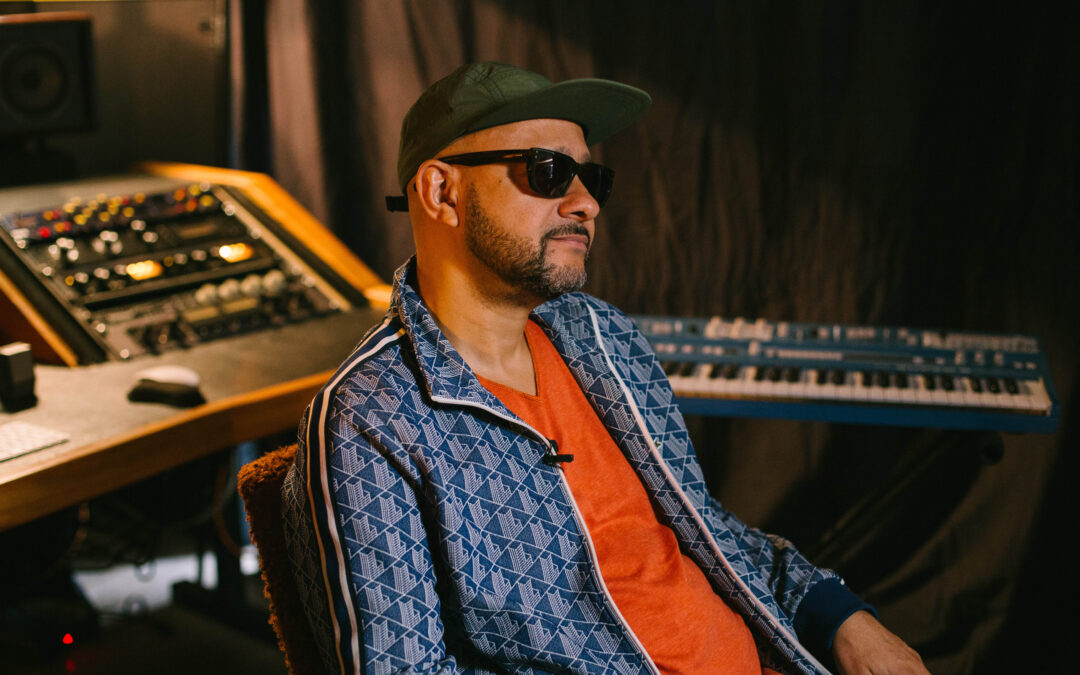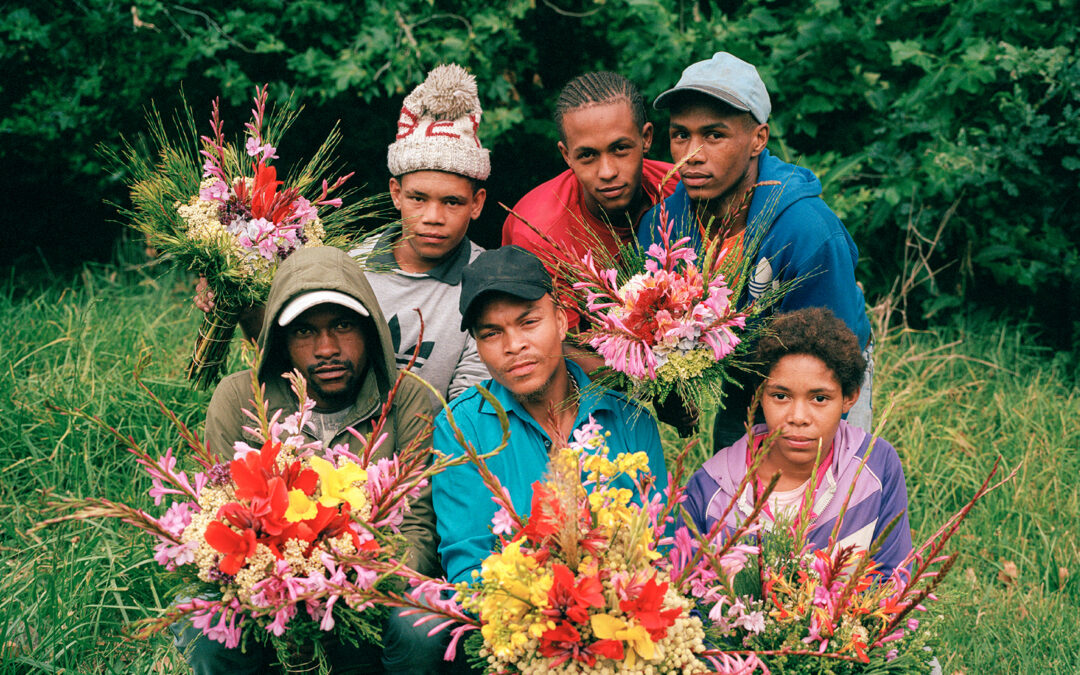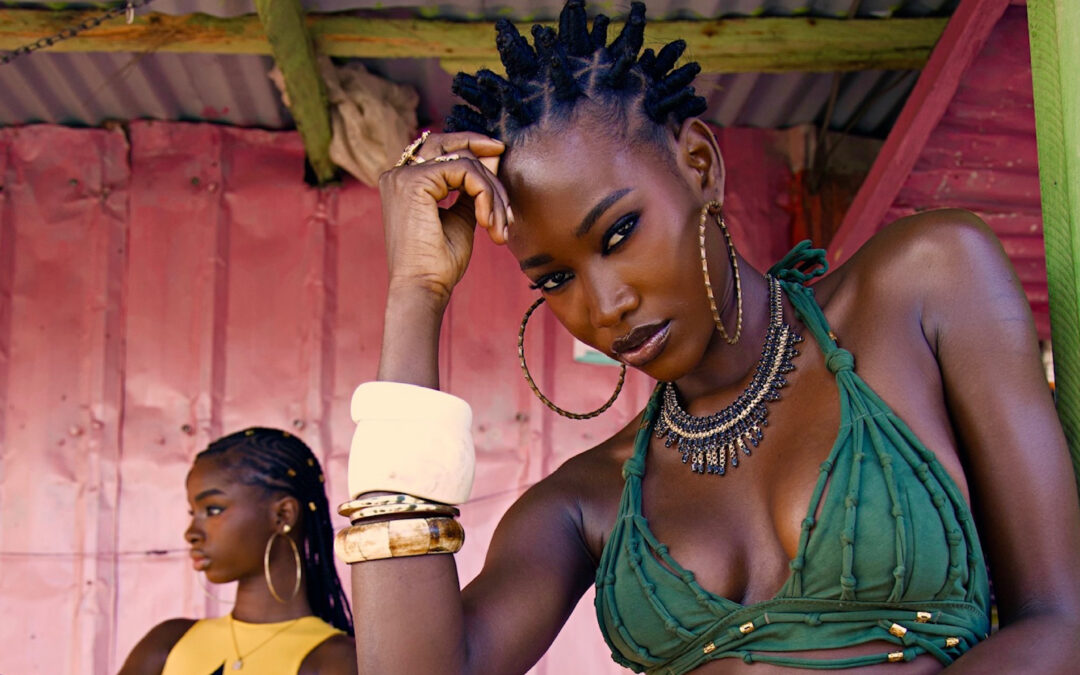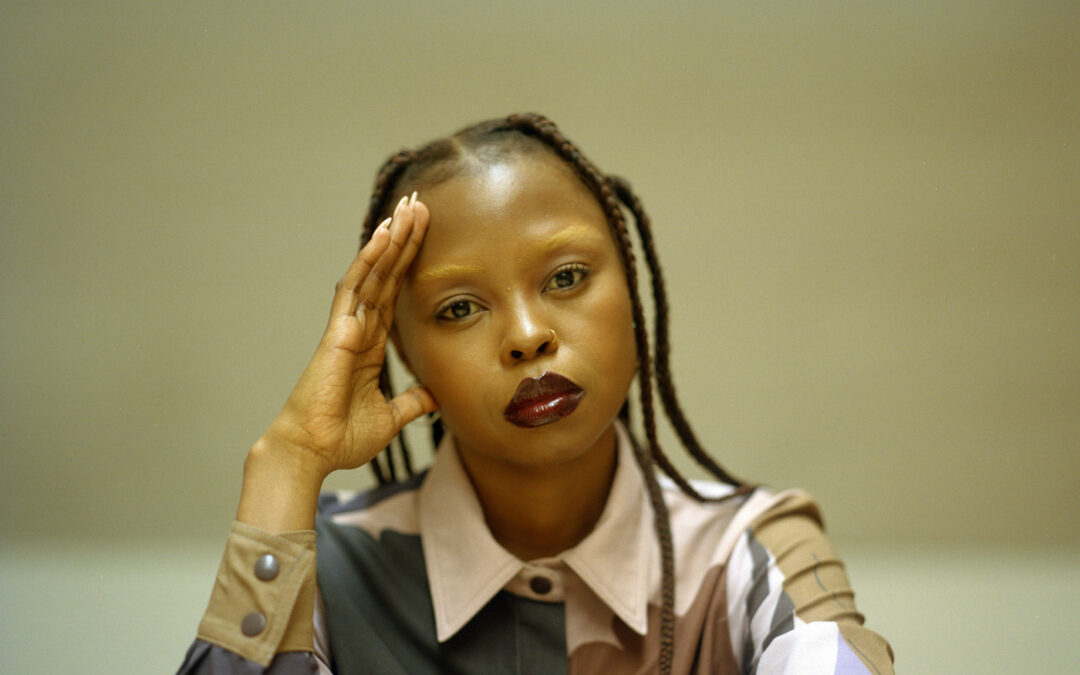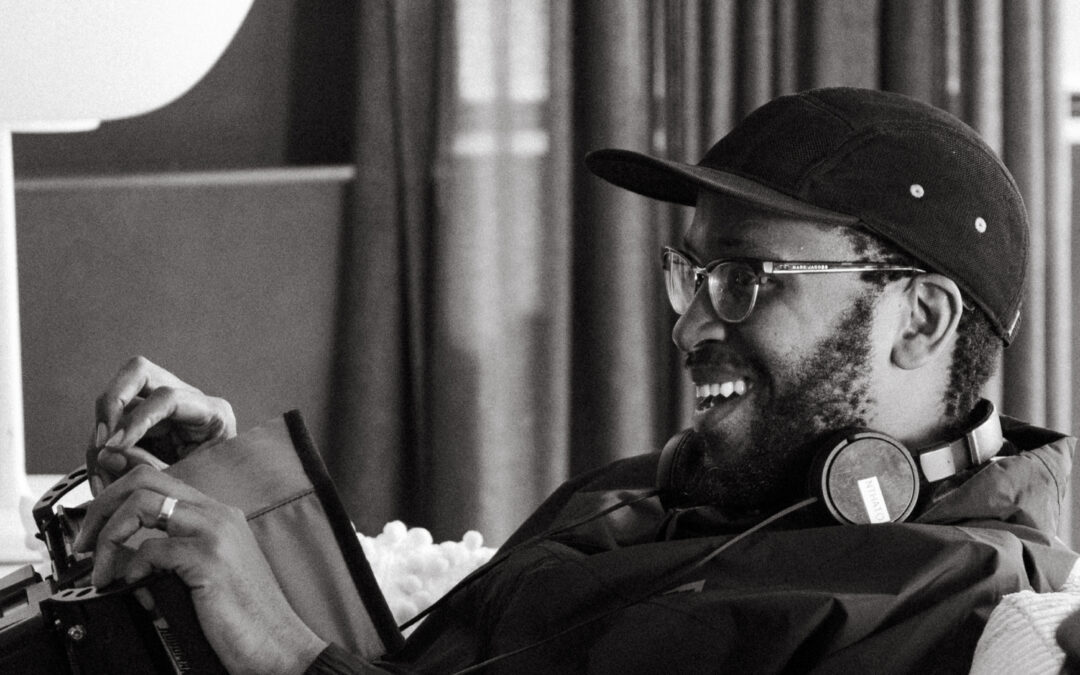What happens when your work is discovered by Oprah Winfrey, at just 16 years old? Well, if you’re Sivan Miller – you may find yourself, through a series of events stretched across many years, living in New York as one of fashion’s rising photographers. From the salty-air of Cape Town city, to the whirlwind of NYC – Sivan has shot covers and worked with people that many of us will only ever know or see through screens or in prints. Yet, as I come to find out in our conversation, Sivan’s journey to New York is a childhood dream come true (and that chance experience with Oprah, was an earlier signal that he only understood many years later) but not without the difficulty and determination it takes to emerge in a place in which everyone is wanting to ‘make it’. Now, with a formidable portfolio & a shifting stylistic approach – namely, the style seen in images such as those VETEMENTS images, among others – Sivan is a devotee of exceptional lighting; knowing intimately how to refract its power to yield some of the moodiest, and most incisive portrayals of fashion as subversion – the potent revival of a new kind of avant garde; cyber, kinetic, grunge and ephemerality all wrapped up in one. Sivan is the kind of photographer dedicated to the visual expression of smaller brands – emerging, intellectually and culturally subversive spaces and creatives – as he is the glitz and glamour of the Academy Awards, and on the day we speak – he is off to shoot for Harper’s Bazaar. One’s creative career is really for the taking – Sivan shows us that originality must come first.
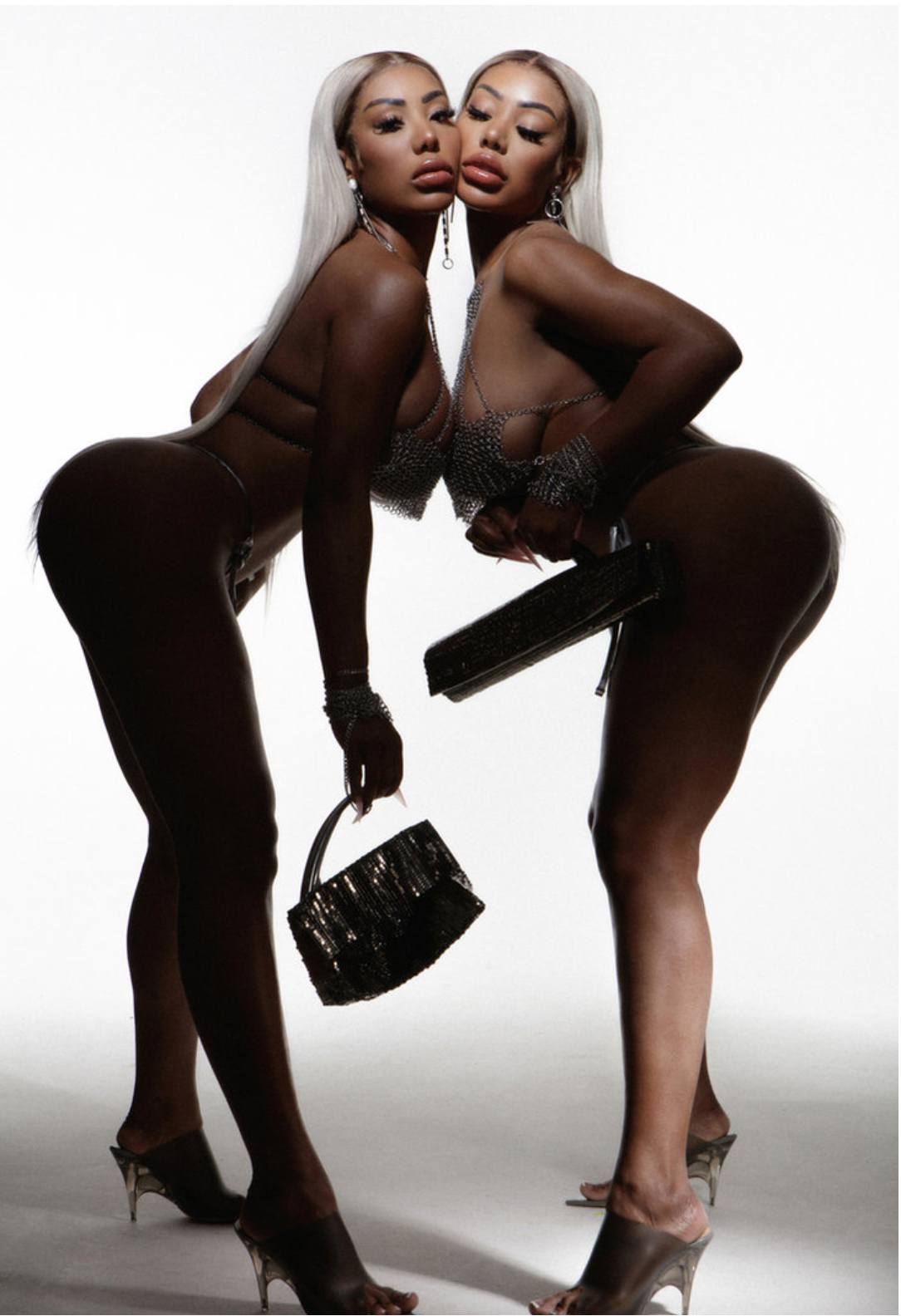
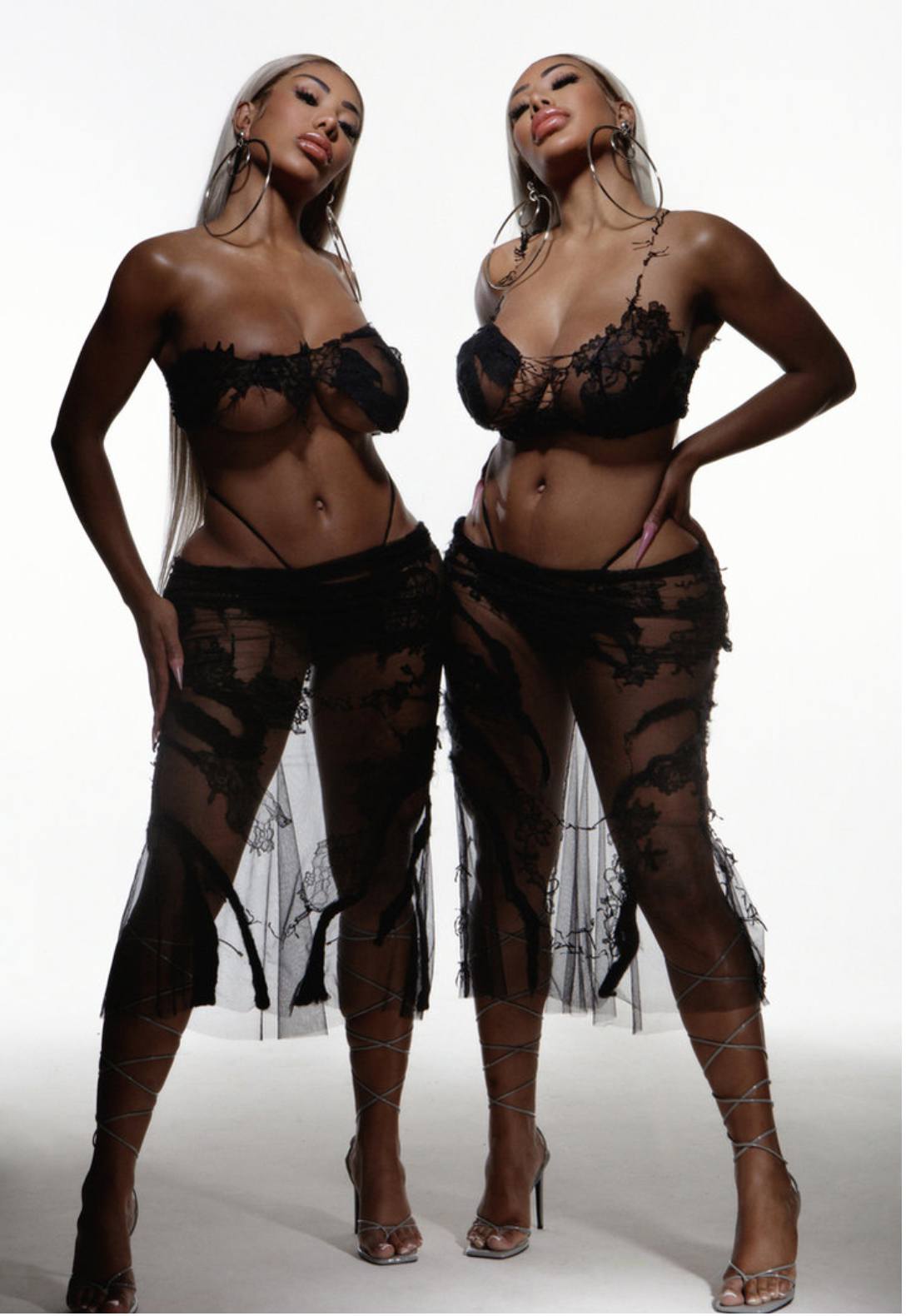
“This was all before Instagram – before social media – before you could say taking photos was a normal, everyday part of life for people across the board. I was going out everyday, shooting landscapes and sunsets, people here and there – and I was putting it on a free website, Flickr, which was really the very first platform online for creatives – before Tumblr, even. I was a teenager, so really there was no ambition behind it; it was just for pure enjoyment. One day I got an email from the Oprah team, they had seen one of my photos, and they wanted to use it in their magazine, and meet her for an interview. I remember sitting in front of the computer, frozen – I thought it was fake. I called my parents to the computer, as I was so unsure. I kind of left it at that point, and then my parents followed up with it, my dad was like, ‘no, this is real.’ When Oprah came to Joburg, I met her there and they did a double page feature on me with my photo. That was the start of someone putting the spotlight on my work.” Sivan reminisces at this formative and surreal moment – surprisingly though, it did little to catapult Sivan at that time. He, in many ways, had growing up to do – and only some years later, when he fully stepped into the calling as a photographer, Sivan was able to remember that moment with Oprah as a big sign from the universe. On this, he says, “In my twenties, it was a motivation and inspiration to remember – but it wasn’t any sort of big ‘change’ in my life then. I mean, I was 16, you know? When times were really tough, I think back and I can appreciate, with gratitude, that Oprah believed in my work – which is a wild thing to even be able to say.”
For Sivan, the road to shooting and creating fulltime was a winding one – and it’s something I hear many creatives that we speak to, say; the idea of being a “creative” has not been as serious a path until the last decade. It simply did not offer our parents’ generation the futures of security that they so desperately wanted for us. Sivan reflects on this, “To be honest, pursuing it as a career wasn’t an option. To be a photographer back then was not a serious or viable career – my dad’s a lawyer, and the expectation was that photography could be a beautiful hobby, but nothing more than that. I studied 3D animation for three years, and only after going through all the routes from working at a post-production house – and being so close to photography but not quite there – did it dawn on me that I could do this full time.” Sivan’s experience in post-production meant that he was adjacent to roles like photography – and with the grind of an office job, the hope for a movement & action driven career, became clearer, “I wasn’t really into 8 until 5 in the office – really, sitting still, felt quite restrictive. The owners where I worked were amazing, they allowed me to go try – they had seen my photos, and said I could come back if it didn’t work out. I think that’s quite rare. I left that day, and I never went back. My parents were shocked, but I think all those factors really pushed me to make it work.” This moment for Sivan speaks to a greater risk that most, if not all, creatives face when they concede to the call and take up the mantle of their artistic expression. It is, in many ways, the only thing we are really required to do – to share this expression with the world. Now, more than ever, we see the creative industries and role players drive the world socially and culturally; defining the way forward in the 21st century.
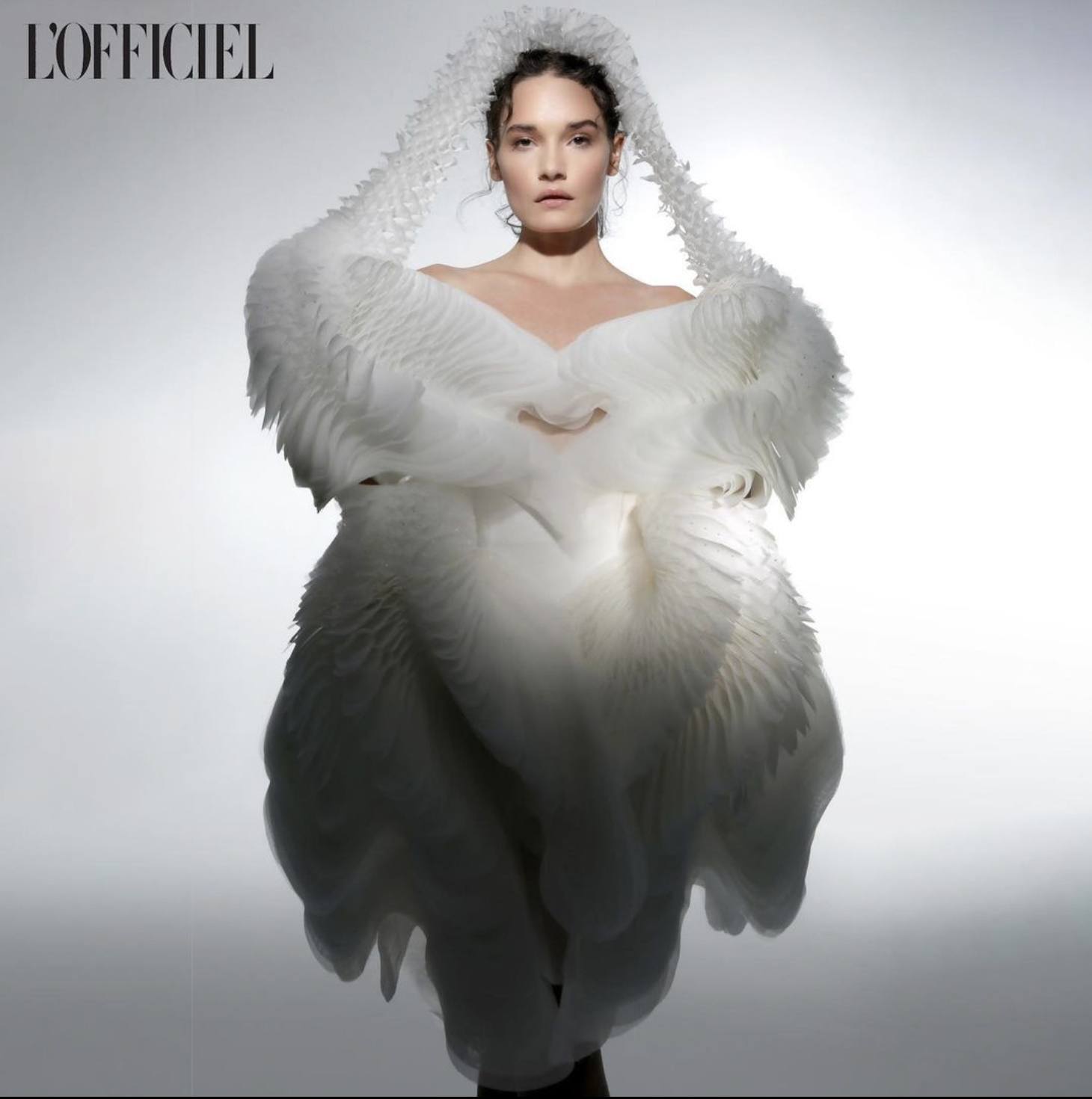
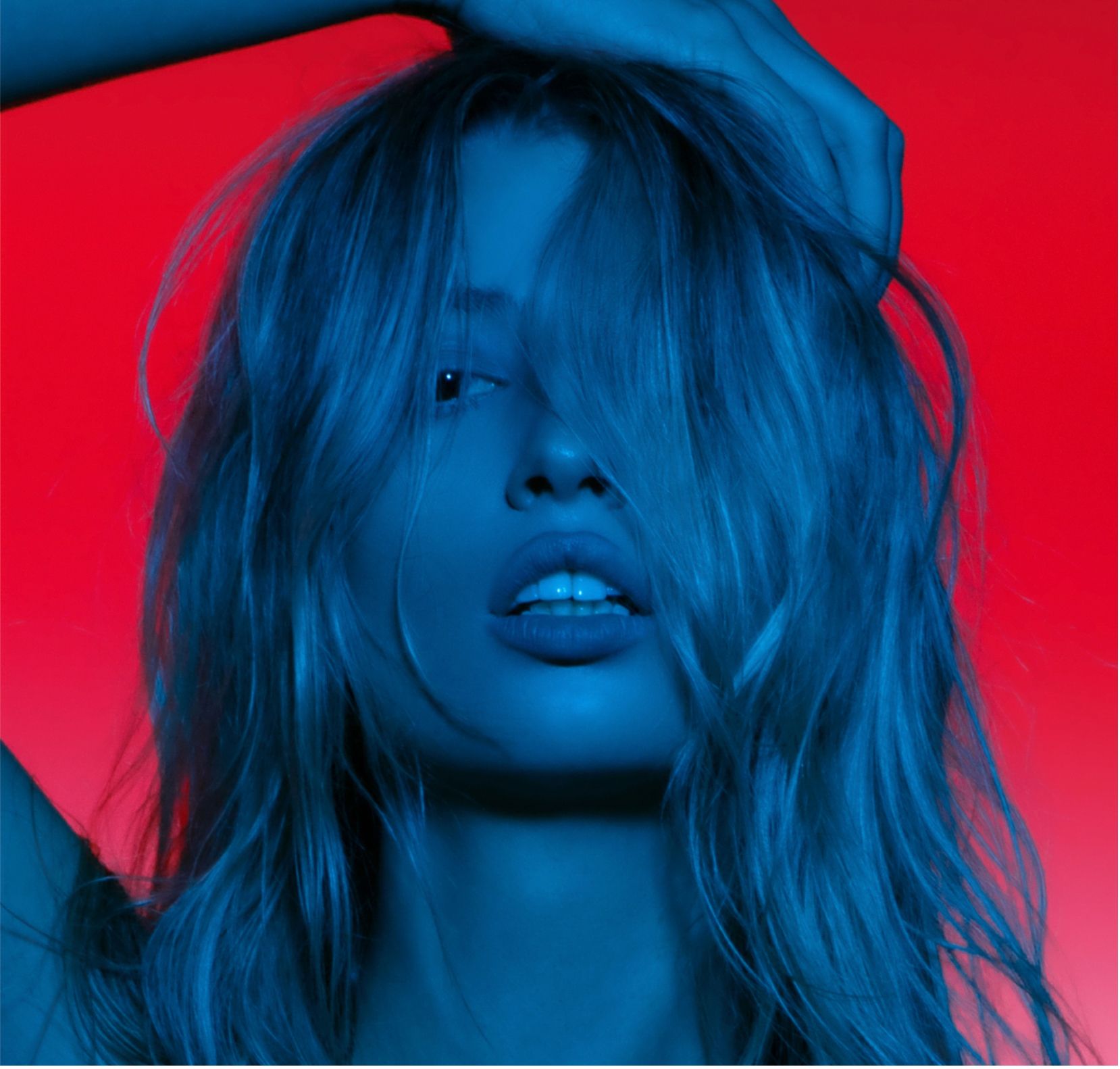
Sivan’s move to New York reflects a very real folktale murmured around the world – and even within the USA – that the city itself is a destiny that some simply have to follow through with. I ask Sivan what this means, as a South African, to reach an empire state of mind – “It’s been amazing – it was my dream. It’s crazy that it’s happened. I went through all the states of ‘how can it happen, it’s so expensive?’ – New York is this mystical place, and I think it feels out of reach for many, many people. It’s been a constant amount of work, and constant shooting – that has been the most important thing, a strong portfolio is vital, and then to keep strengthening it as time goes on. I wasn’t great to start with, as a photographer, but there’s a talent inside all of us that has to get worked on and refined. I think everyone can, and should, follow their dreams in their own craft. The route to New York was marked initially by a VISA rejection – but I knew deep down that it had to happen. I tried to come as a tourist, and being a freelancer, I was rejected – they’re very strict. I started reaching out to agencies, and there’s no other way; with VISA issues, the best way is to ensure relocation to where you want to go, is to do it through an agency or company that can vouch for you. Finally an agency loved my work.” Since landing in New York, Sivan has gone on to achieve truly incredible things – the kind of work that photographers in fashion dream of. Sivan speaks to an array of highlights, “Last year I shot the cover of Elle, here in New York. I’ve worked with a lot of incredible models, brands creatives – and working at the Oscars was amazing. Meeting famous people has been interesting – almost all of them have been really, really lovely. Their lives are totally wild – like it really is a level of luxury and life that is almost alien to the rest of us – but so many celebrities I’ve met are really down-to-earth, and kind. Working with Jaden Smith, Gigi Hadid – it’s really amazing, and keeps me going.”
Now, Sivan is introducing an entirely new aesthetic palette in his work – marked by incredible shoots with various brands, all eager to work within this new stylistic narrative that he has set out – and one that aligns exceptionally well with the subversive thread running throughout fashion and design, “This is my new style, I’ve been heading this way for a while. It’s very futuristic – and pushes an edge, I think. I’m always thinking about creating something new or fresh. I love light – I could spend all day in the studio playing with light, which is a key aspect of the mood in this style; it’s a richness in the effects of light that maintains a level of sophistication, but also with an experimental essence. It’s how I see things now.” This style of shooting is one palpable and familiar to those of us enamoured with the more fringe – grunge – and cultish style of visual expression, and one that we at CEC (as you can tell by our feed!) remained adoring of – with a South African visionary like Sivan being a maker of such visions, we really couldn’t feel prouder.
Written By Holly Bell Beaton
For more news, visit the Connect Everything Collective homepage www.ceconline.co.za

